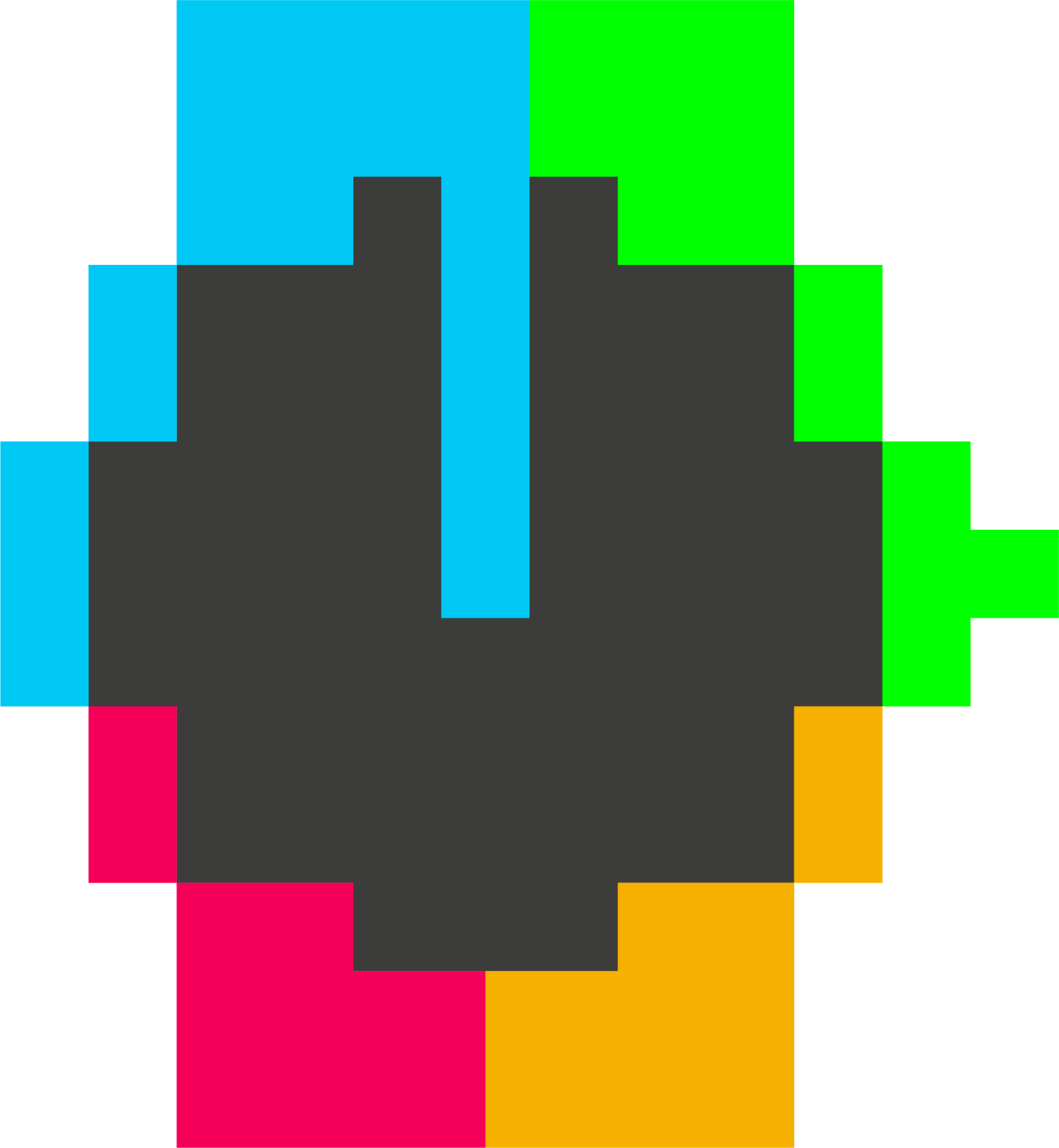385 reads
On Game Development with Salvatore Calì from Rise of Cultures (InnoGames)
by
February 24th, 2022
Audio Presented by

Your Slack? Insightful words by highly intelligent people. Your tech blog? Not so much. Write together. #SloggingBeta
About Author
Your Slack? Insightful words by highly intelligent people. Your tech blog? Not so much. Write together. #SloggingBeta
